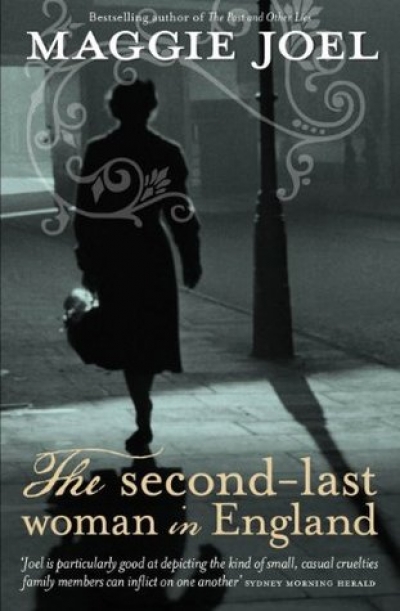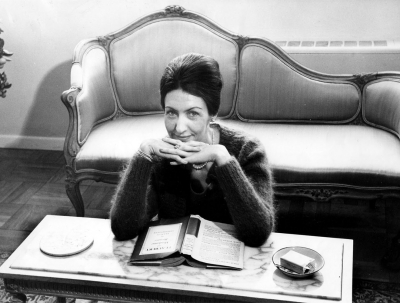Archive
Documents that Shaped Australia: Records of a nation’s heritage by John Thompson
A Confederacy of Dunces always makes me laugh. The book I’ve read the most number of times is a collection of essays about animals and insects called The Red Hourglass, by Gordon Grice.
... (read more)Resourceful Reading: The New Empiricism, eResearch, and Australian Literary Culture edited by Katherine Bode and Robert Dixon
Packaging and promotion have always been formidable tools in the marketplace. Once on a Road is poorly served by its sensational back cover blurb, ‘How far would you go to protect your grandchildren from their mother?’ No, this is not a new Stephen King novel, nor is it literary fiction, as its imprint would lead readers to believe.
... (read more)In October 2009, Shirley Hazzard spoke at the New York launch of the Macquarie PEN Anthology of Australian Literature. Hazzard read from People in Glass Houses, her early collection of satirical stories about the UN bureaucracy. Her appearance serves to remind Australian readers that Hazzard continues to occupy a defining, if somewhat attenuated, place within the expansive field of what Nicholas Jose described in 2008, on taking up the annual Harvard Chair of Australian Studies, as ‘writing that engage[s] us with the international arena from the Australian perspective’. Jose went on to cite Hazzard’s most recent novel, The Great Fire (2003), as part of ‘a range of material which Americans would not necessarily think of as Australian’.
... (read more)









